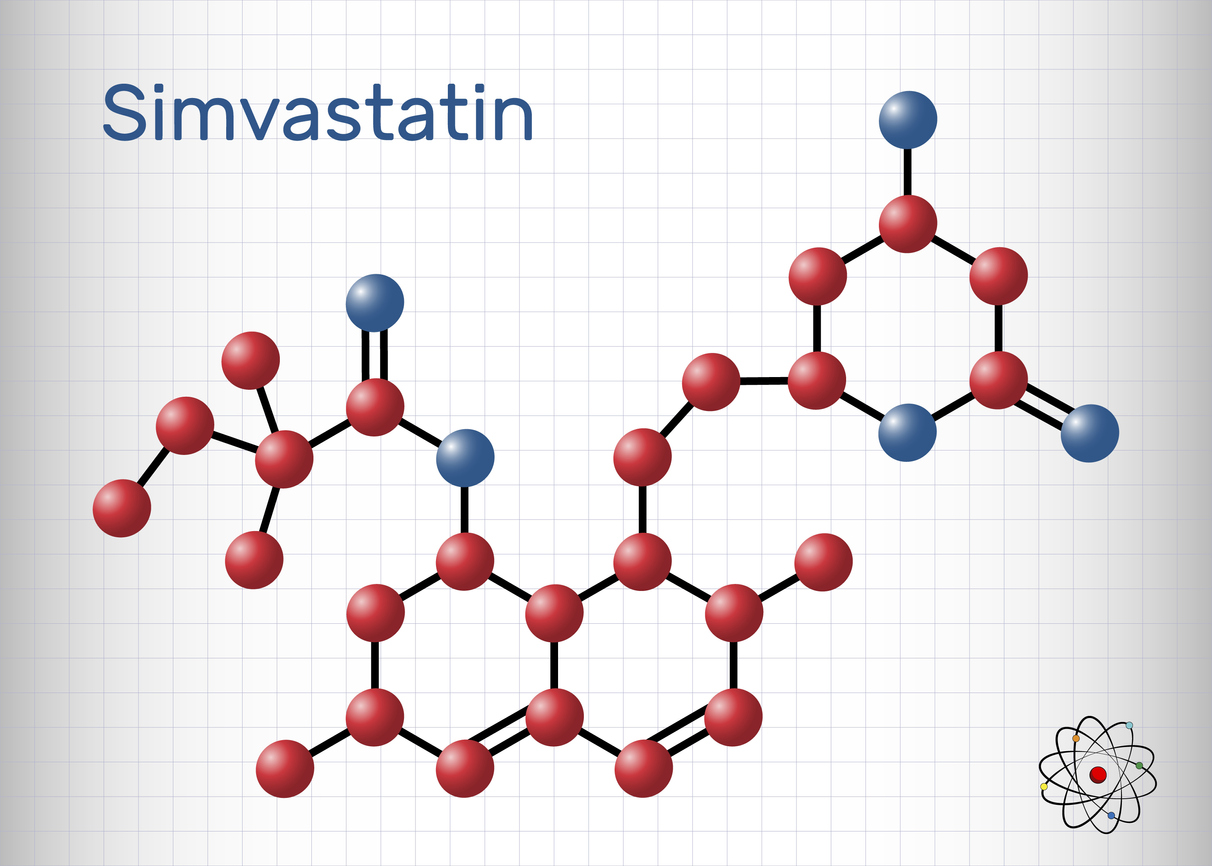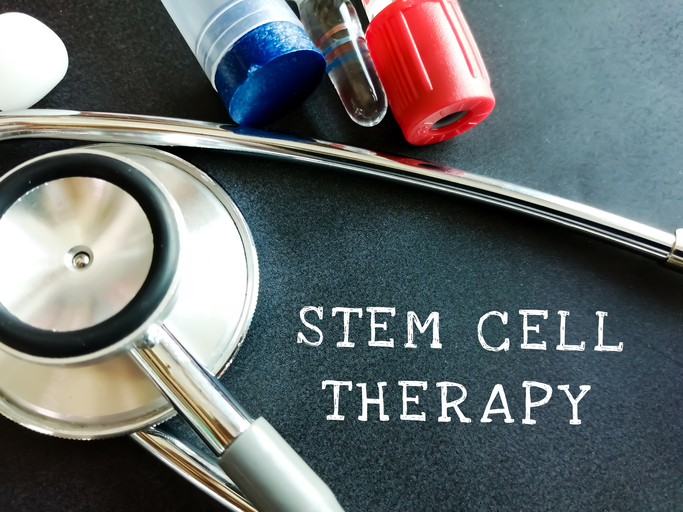Pain
Deep Brain Stimulation as a Treatment for Complex Regional Pain Syndrome (CRPS)

Deep brain stimulation is a procedure in which electrodes are surgically implanted in the brain. These electrodes are connected to a small device (similar to a pacemaker) that creates electrical pulses. These pulses modify abnormal activity in the brain that may be causing symptoms of various health conditions.
Deep brain stimulation is currently approved by the U.S. Food and Drug Administration (FDA) for treatment of the following conditions:
- Parkinson’s disease
- Epilepsy
- Essential tremor
- Dystonia
- Obsessive compulsive disorder
Deep brain stimulation is currently being studied as a potential treatment option for other medical conditions, including depression, Alzheimer’s disease, and chronic pain, including pain from complex regional pain syndrome (CRPS). Individuals with CRPS may experience significant pain relief after deep brain stimulation. This treatment has also been shown to improve factors related to CRPS pain, such as anxiety, depression, and quality of life. It can reduce pain-related distress and disability.
Since deep brain stimulation has potential side effects, it should be considered as a treatment option only when more conservative treatment options for CRPS have failed.
Additional source used to create this article: the Journal of Neurosurgery.


















